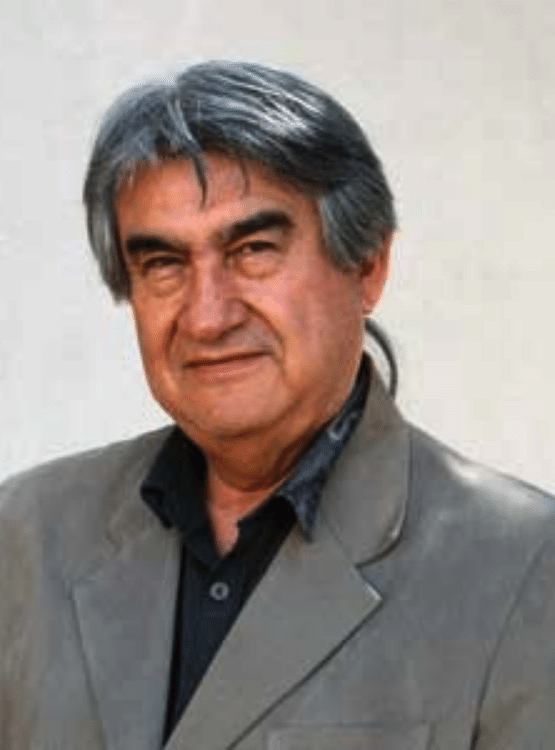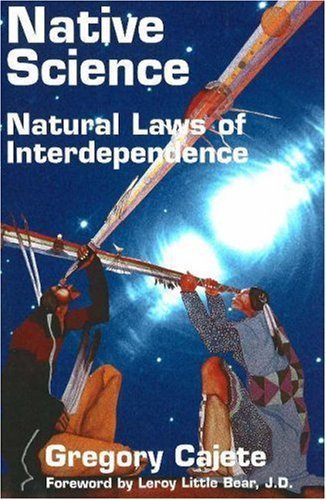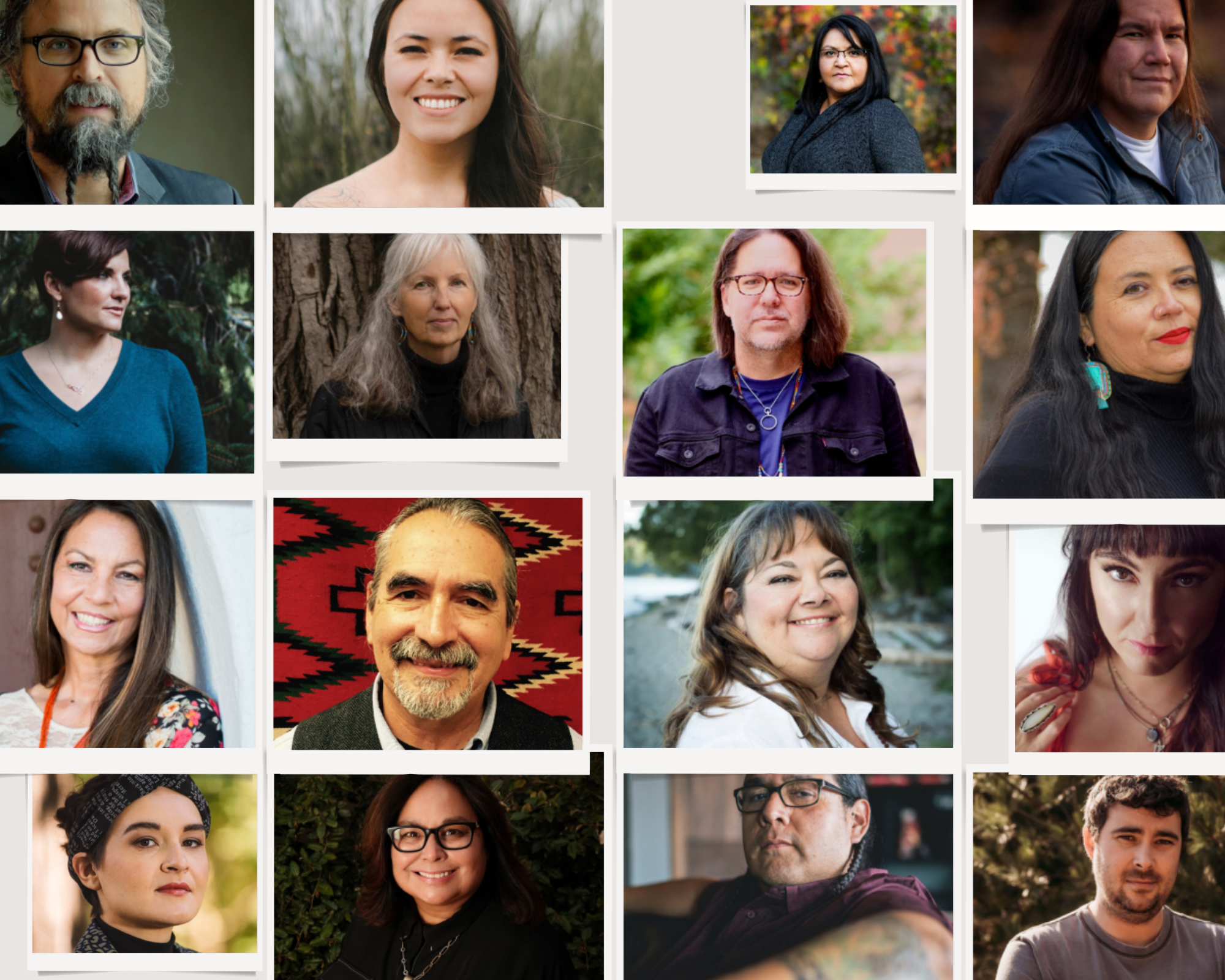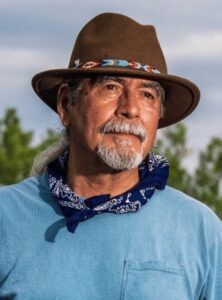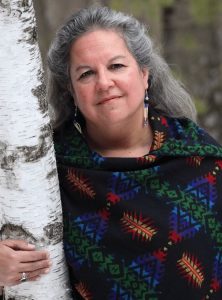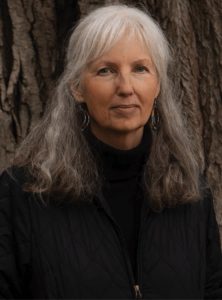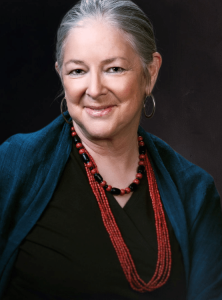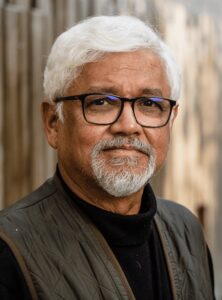Gregory Cajete, Ph.D. (Santa Clara Pueblo), Native American educator whose work is dedicated to honoring the foundations of Indigenous knowledge in education. Dr. Cajete is a Tewa Indian from Santa Clara Pueblo, New Mexico. He has served as a New Mexico Humanities scholar in ethno botany of Northern New Mexico and as a member of the New Mexico Arts Commission. In addition, he has lectured at colleges and universities in the U.S., Canada, Mexico, New Zealand, England, Italy, Japan, and Russia.
He worked at the Institute of American Indian Arts in Santa Fe, New Mexico for 21 years. While at the Institute, he served as Dean of the Center for Research and Cultural Exchange, Chair of Native American Studies and Professor of ethno science. He organized and directed the First and Second Annual National Native American Very Special Arts Festival held in respectively in Santa Fe, NM in 1991 and Albuquerque, NM in 1992. In 1995, he was offered a position in American Indian education in the University of New Mexico, College of Education.
Currently, he is a Professor of Native American Studies and Language, Literacy and Sociocultural Studies at the University of New Mexico. Dr. Cajete earned his Bachelor of Arts degree from New Mexico Highlands University with majors in both Biology and Sociology and a minor in Secondary Education. He received his Masters of Arts degree from the University of New Mexico in Adult and Secondary Education. He received his Ph.D. from International College – Los Angeles New Philosophy Program in Social Science Education with an emphasis in Native American Studies.
Dr. Cajete has received several fellowships and academic distinctions, including the American Indian Graduate Fellowship from the US-DOE Office of Indian Education (1977-78); the D’arcy McNickle Fellowship in American Indian History from the Newberry Library, Chicago, IL (1984-85); and the Katrin Lamon Fellowship in American Indian Art and Education (1985-1986) from the School of American Research in Santa Fe, NM.
Dr. Cajete also designs culturally-responsive curricula geared to the special needs and learning styles of Native American students. These curricula are based upon Native American understanding of the “nature of nature’ and utilizes this foundation to develop an understanding of the science and artistic thought process as expressed in Indigenous perspectives of the natural world.
Dr. Cajete has authored fivebooks: Look to the Mountain: An Ecology of Indigenous Education (1994); Ignite the Sparkle: An Indigenous Science Education Curriculum Model (1999); Spirit of the Game: Indigenous Wellsprings (2004); A People’s Ecology: Explorations in Sustainable Living (1999); and Native Science: Natural Laws of Interdependence (2000).

